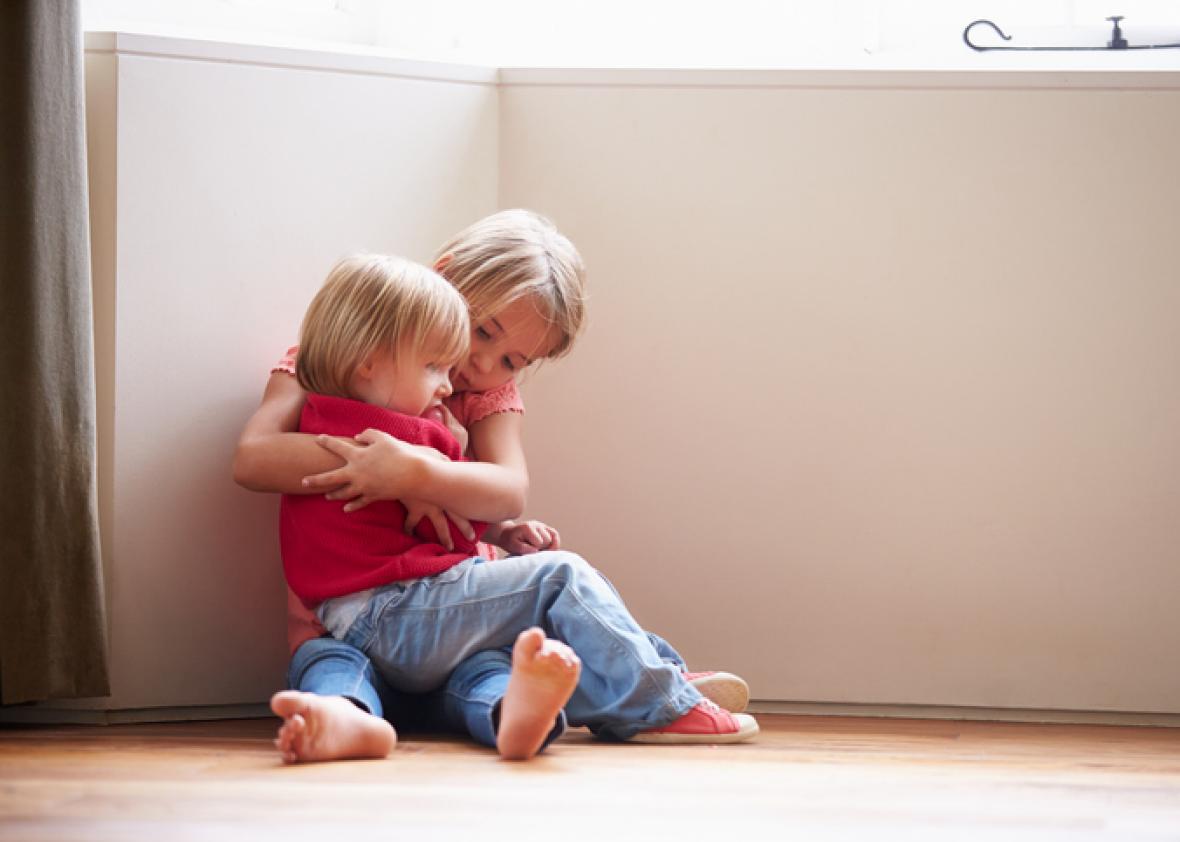A new survey has found that 1 in 5 California adults cohabitating with children were physically abused in their youth. One in 10 report having been sexually abused as children.
Accurate data is essential to interventions in cycles of abuse. It’s difficult to get solid numbers on child abuse, since so much goes unreported, and child welfare advocates will sometimes file neglect reports to remove children from dangerous situations with allegations that are easier to prove.
The data was gathered in a survey of almost 28,000 California adults, administered by the Public Health Institute and released by the Lucile Packard Foundation for Children’s Health. Collected from 2008 to 2013, the data covers a range of “adverse childhood experiences,” including all kinds of abuse, incarcerated or divorced parents, witnessing domestic violence, and family substance abuse or mental illness.
About 16.5 percent of surveyed adults with children in their homes had had four or more of these experiences as kids; 19 percent witnessed domestic violence. More than 1 in 3 reported being victimized by verbal abuse as children. Some experts think these numbers are still underestimates. “I think these kinds of events within families are hush-hush, swept under the rug, not really talked about,” the director of the Central California Children’s Institute told Kaiser Health News. The stigma of abuse and neglect is a powerful silencer, especially when the perpetrators are family members or family friends, and adults may not always recognize traumatic childhood experiences as abuse.
“The toxic stress associated with traumatic, and often cumulative, early adverse experiences can disrupt healthy development,” the report’s authors write. “The more traumatic and toxic events experienced by a child, the more likely the impact will be substantial and long-lasting.” Adverse experiences can affect brain development, stunting emotional growth and causing behavioral and health problems.
These problems—obesity, chronic illness, substance abuse, depression—can compound and lead to similar struggles in adulthood. According to the U.S. Department of Health and Human Services, about one-third of victims of childhood abuse or neglect will go on to abuse or neglect their own children. The bright side of this sobering truth is that investments in preventing and mitigating adverse childhood experiences can have exponential effects in future generations. More financial support for parents and families, better trauma-screening practices, and increasingly accessible resources for mental illness and substance abuse will make today’s kids healthier. Healthy, well-adjusted kids today make better-equipped parents tomorrow.
